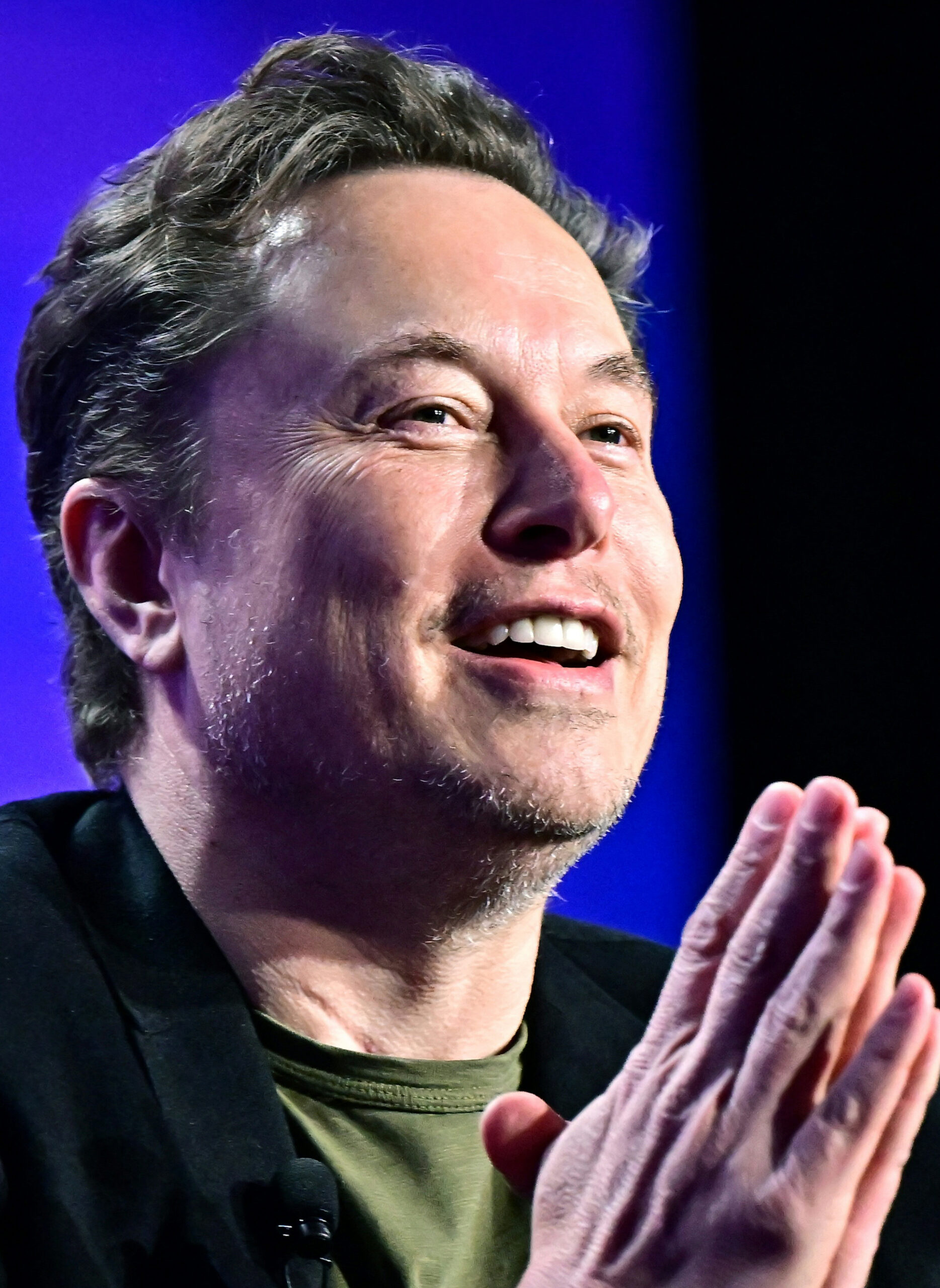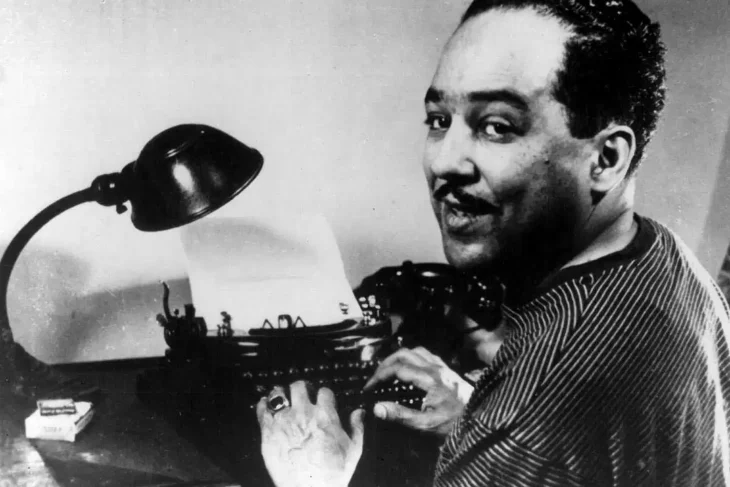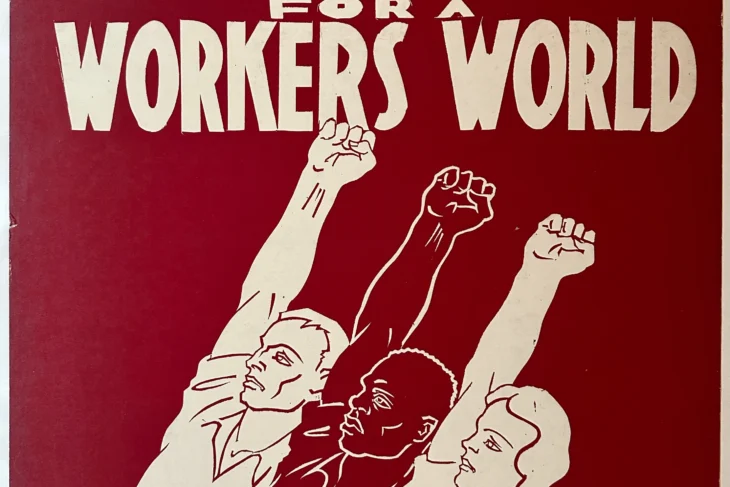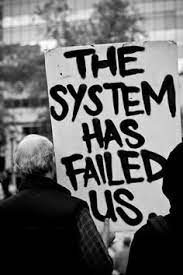
There is an old saying that “One never sees smoke without fire”, and such an expression could be applied to the banning of Mr. Elon Musk’s social media platform – X – in the sovereign South American nation of Brazil.
The ruling against that social media company by a high court judge was backed by the Supreme Court of Brazil on appeal. At the heart of the issue is what the court deemed to be the dissemination of misinformation and of hate speech which have been deemed to comprise a threat to democracy in that country.
One might recall that on Sunday, January 8, 2023 supporters of Brazil’s former president Mr. Jair Bolsonaro stormed the National Congress building in Brasilia, Brazil, the presidential palace and the Supreme Court. They vandalized the premises in rebuke of newly sworn-in President Mr. Luiz Inácio Lula da Silva. And so, Brazil’s democracy has been on tenterhooks since that event, which was reminiscent of what the supporters of former president of the United States, Mr. Donald Trump, had done before at the U.S. Capitol on January 6, 2021.
The disdain for the sovereignty of nations and for the rules and regulations within them by Mr. Musk is well known. This writer, for example, is still waiting to see if the United States Government is going to call him to account for blatantly interfering in U.S. foreign policy when he used his Starlink satellite technology to aid Vladimir Putin in the ongoing Russia-Ukraine conflict which commenced when Russia violated international law by invading the Ukraine and began to commit human rights atrocities against innocent civilians.
And, in respect to the effrontery and the belligerence that he has shown to the Brazilian authorities, it is the same sort of careless, crass, crude and rude behaviour that he has been exhibiting within the United States while spreading misinformation and hate speech in a volatile and fragile political climate where democracy appears to be against the ropes in its fight against oligarchy, bigotry, violence and lawlessness. In the wake of the tragic second assassination attempt against Mr. Trump, he made comments which inspired threats against the lives of President Biden and Vice-President Harris. But the misbehaviour of Mr. Musk and of his social media company were predated by the removal of guardrails which has made such behaviour possible not only within the United States, but also in Brazil and elsewhere in the world by media companies within the United States which have a global reach.
Brazil has not been the only country to voice concerns about Mr. Musk and his social media company. A French online media company posted an article on July 8, 2024, titled: “UK slams Elon Musk for ‘civil war’ comments on far-right riots”. The article began by stating that: “The UK Government hit back at Elon Musk after the tech billionaire made controversial comments about the far-right riots, fuelled by online misinformation, gripping the country. ‘Civil war is inevitable’ in the UK, Musk posted on his social media platform X.”
A former executive of Twitter, before it merged with X, called for sanctions against Mr. Musk even with the threat of an arrest warrant if he was found to have stirred up public disorder on his social media platform.
Another online media company posted an article on August 12, 2024 which was titled: “Elon Musk’s X hit with EU privacy complaints in 8 countries over illegal data use”. And still, yet another article, which was posted on July 18, 2024, read as follows: “LAGOS — At the end of April, Starlink, the satellite broadband service owned by South African-born tech billionaire Elon Musk, disconnected its service in Cameroon following a Government order. The regulator said Starlink was operating without a licence and posed a threat to national security and fair competition.”
And so this problem with Mr. Musk is not just an American problem or merely a Brazilian problem but a global problem.
Mr. Musk railed against the courts in Brazil for interfering with free speech, in similar fashion to how his cohorts in business and in politics have been doing in the U.S., especially those within the ranks of Mr. Trump’s MAGA Republicans, who tend to complain when they are “fact checked” and called to account for the gross misinformation and the hate speech that they have been spreading across the American social and political landscape. That there is obvious ideological biases within both the politically liberal and conservative media platforms goes without saying, but research in respect to media practices has revealed that the conservative of the species has been more excessive in facilitating such communication which pose a threat to democracy and to the country’s national security.
But, before this free for all in media there was a time when the United States Federal Communications Commission (FCC) administered what was called the Fairness Doctrine which held broadcasters to account for what they were communicating to the public across the country. However, after years of unrelenting pressure from corporate business and right-wing political interests the Fairness Doctrine was no longer enforced and the late President Ronald Reagan aided and abetted those interests in its removal.
The Fairness Doctrine, which was enforced by the FCC, was rooted in the American media world of 1949. The U.S. Congress became concerned that the monopoly audience control of the three main networks —NBC, ABC and CBS —could misuse their broadcast licences to set a biased public agenda. The Fairness Doctrine mandated that the broadcast networks devote time to contrasting views on issues of public importance. The U.S. Congress backed the policy in 1954 and by the 1970s the FCC called the doctrine the most important requirement of operation in the public interest — the sine qua non for grant of a renewal of licence. The United States Supreme Court upheld the doctrine.
In the 1969 Red Lion Broadcasting Co. v. FCC, journalist Fred Cook sued a Pennsylvania Christian Crusade radio programme after a radio host attacked him on the air. In a unanimous decision, the Supreme Court upheld Mr. Cook’s right to an on-air response under the Fairness Doctrine, arguing that nothing in the First Amendment gives a broadcast licence holder the exclusive right to the airwaves that they operate on. The doctrine stayed in effect, and was enforced until the Reagan Administration.
Ever since the demise of the Fairness Doctrine the fears of the U.S. Congressional lawmakers, of conscientious media professionals, and of other concerned citizens have come to pass. Great and powerful media monopolies now rule the social, cultural and political landscapes, unchecked. These media entities have often abused the First Amendment of the United States Constitution under the guise of free speech and of freedom of the press, and they have become the odious, onerous and anti-democratic haunts of political propaganda, of conspiracy theories, and of corporate and oligarchic interests.
The challenges faced by democracies around the world, including those faced by the people of Jamaica, the land of my birth, are exacerbated by what flows outwards from America through the news and social media platforms. The arrogance of Mr. Musk and his company and their disdain for law, order and common decency, as egregious and obnoxious as they are, are by no means unique.
Although it appears that Mr. Musk has some serious personality issues — with a strong taint of narcissistic and sociopathic tendencies — it is possible that “him did bruk bad” due to the removal of the Fairness Doctrine. There was no adult in the room, as it were, to curb his errant ways and to train and to keep him on the path of righteousness. And so, what the U.S. laws and courts ought to have done, the laws and the courts of Brazil have done. A younger democracy has set the example for the older. And a little child shall lead them.



